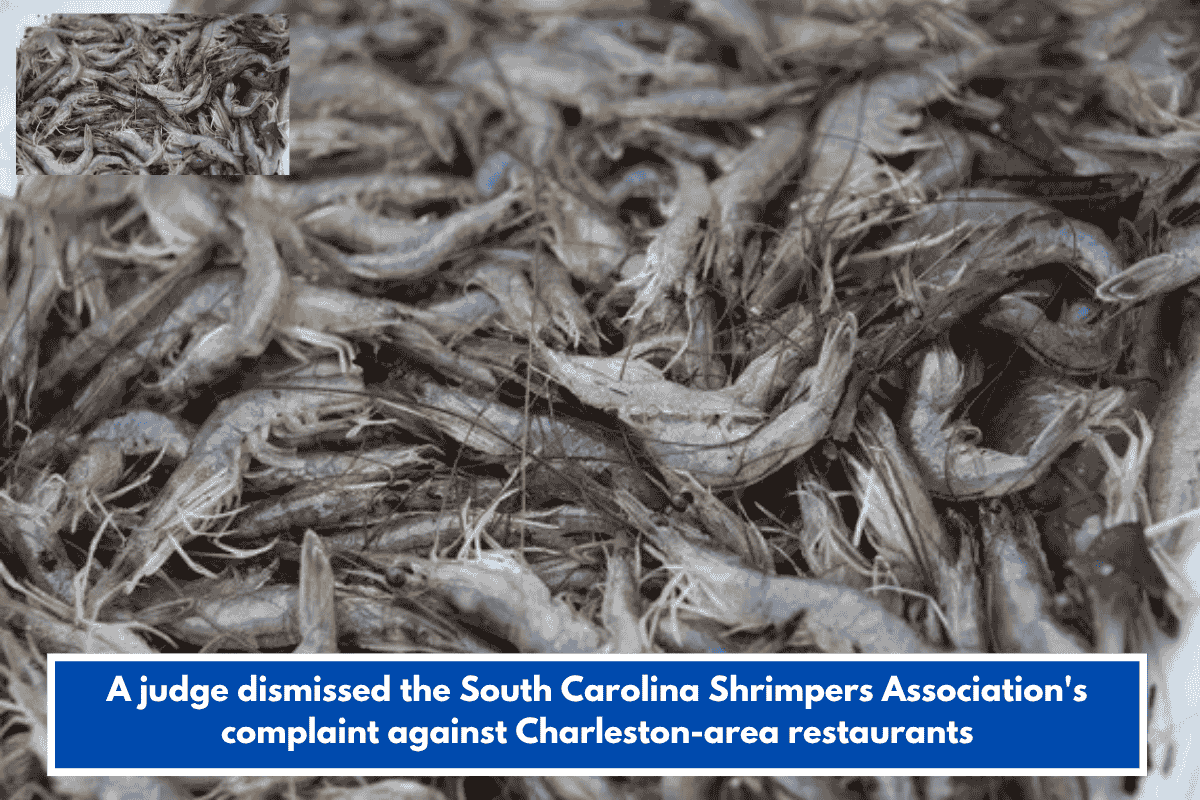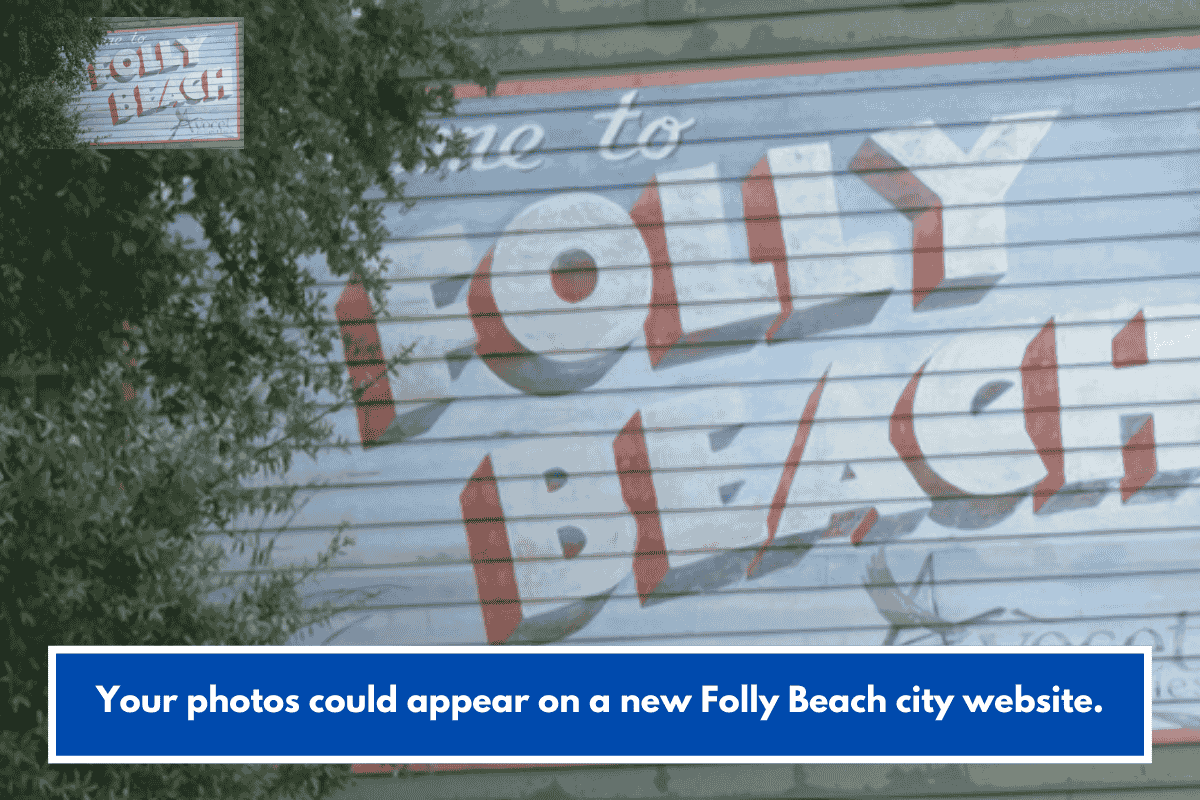Charleston, South Carolina – A federal judge dismissed the South Carolina Shrimpers Association’s complaint, which accused 40 Charleston-area eateries of falsely advertising local wild-caught shrimp.
On Monday, South Carolina District Court Judge Richard Gergel rejected the lawsuit, which accused a number of area restaurants, including Saltwater Cowboys and Pearlz Oyster Bar, of false advertising and deceptive trade practices under the Lanham Act.
The Lanham Act, passed by Congress in 1946, establishes civil responsibility in circumstances of misleading advertisement. The state shrimpers’ organization alleged that the seller’s misrepresentations directed sales away from local shrimpers, harming the local shrimping sector.
In September, the group filed an amendment to recover earnings lost due to the defendants’ claimed deceptive advertising.
Judge Gergel granted the defendants’ motion to dismiss for lack of standing and failure to present a claim demonstrating that the accused restaurants violated federal rules.
“We’ve always supported our local shrimpers and will continue to do so whenever the opportunity arises,” said Wade Boals, owner of Saltwater Cowboys, a defendant in the lawsuit. “We thank Judge Gergel for recognizing the facts and our attorneys for their hard work and attention throughout this process. This judgment confirms what we’ve always known: that our local restaurants operate with honesty and integrity.
In June, the Southern Shrimp Alliance, in collaboration with SeaD Consulting, revealed study findings indicating that 90% of Lowcountry restaurants deceived customers by selling imported shrimp rather than the claimed local catch.
To test, the consulting firm selected 44 restaurants at random from the region. To perform the study, participants would order a shrimp dish at one of the selected restaurants and bring a portion to their lab for testing.
Researchers said that 40 of the 44 restaurants chosen sold imported shrimp.
In response to the dismissal, attorneys for the shrimpers’ association stated that, while they respect the court judgment, the organization is “disappointed” with the outcome of the complaint.
“This is emblematic of the uphill struggle the shrimpers of South Carolina have faced for years in trying to simply protect themselves and their way of life,” Attorney Gedney Howe IV said in a statement on behalf of the association. “The underlying issue is still as important as ever, and it continues to have a significant influence on the livelihoods of local shrimpers and the coastal communities they support. Our position has not changed: honesty in advertising should not be optional. We will continue to consider our choices, and we will continue to support the hardworking men and women in this business who deserve a fair hand.”
The association also urged state legislators to promote and maintain the local shrimping sector.














